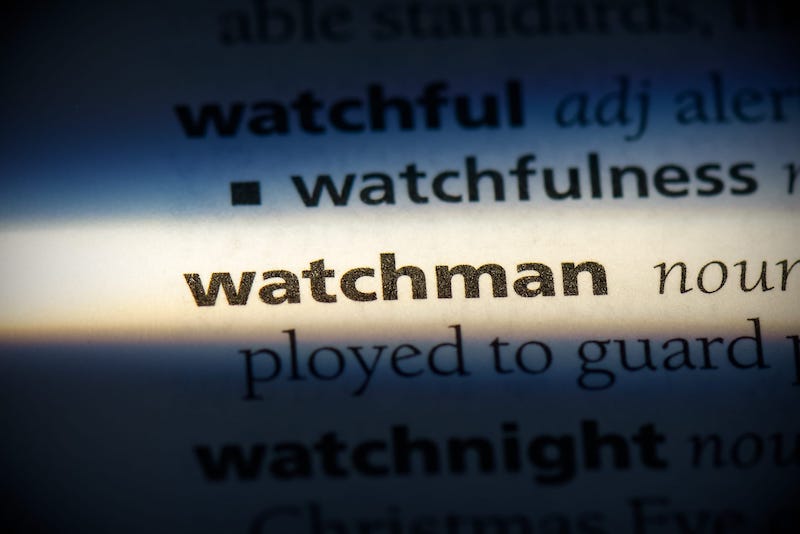By Chris Wolski
For me, one of the highlights of the recent AACC annual meeting was a fireside chat with Theranos whistleblowers, Erika Chang and Tyler Shultz. To say that their story was “compelling” is an understatement; they deserve all the accolades that have been heaped upon them. But particularly in Shultz’s view, he and Chang shouldn’t have been put in the position of being the industry watchmen in the first place.
Shultz described what he and Chang did as the in-case-of-emergency-break-glass option; that last line of defense to save the public from a healthcare catastrophe. So, if not them, then who should have been the industry watchmen to have stopped the Theranos fraud debacle long before it reached the level of criminal prosecution and TV miniseries?
For Shultz, the grandson of the late U.S. Secretary of State George Schultz, his answer was the all-star Theranos board of directors (of which his grandfather was a member). While I agree that the Theranos board certainly should have held company leadership accountable, the broader issue really is where does responsibility begin and end?
Fellow whistleblower Chang said that laboratorians at all levels should “speak up when something is wrong.” And that’s certainly what she and Shultz did—their ethical compasses pointed true north. But it can’t just be company boards or ethical laboratorians alone who serve as the industry watchmen.
One of the outcomes of the Theranos debacle was the upcoming vote in the U.S. Congress on increasing regulations for laboratory-developed tests (LDTs). As I wrote in my last column, I think this is congressional overcorrection at its worst. Instead, the FDA should—like true industry watchmen—keep an eye on and act as an enforcement agency, bringing the proverbial hammer down on companies and individuals who aren’t acting in the best interests of the public.
I recently spoke to an executive who told me that a company he did business with after it had been subject to an enforcement action is now one of the best run and compliant that he works with. Enforcement as corrective, as often as not, results in lessons learned and a better environment for us all.
So, who should be the industry watchmen? Not to offer a simplistic or naïve answer, I think all of us in the industry bear some responsibility to speak up. And even though Chang and Shultz were critical in bringing Theranos and Elizabeth Holmes to justice, intrepid journalists and the AACC were equally important in shining the light on the fiction that was the Theranos Edison machine. Will there still be “break glass” scenarios? I’m sure there will, but if we can continue to learn from these experiences and stay true to our own ethical compasses, I think it’ll be a rare occurrence.
Chris Wolski is chief editor of CLP.





